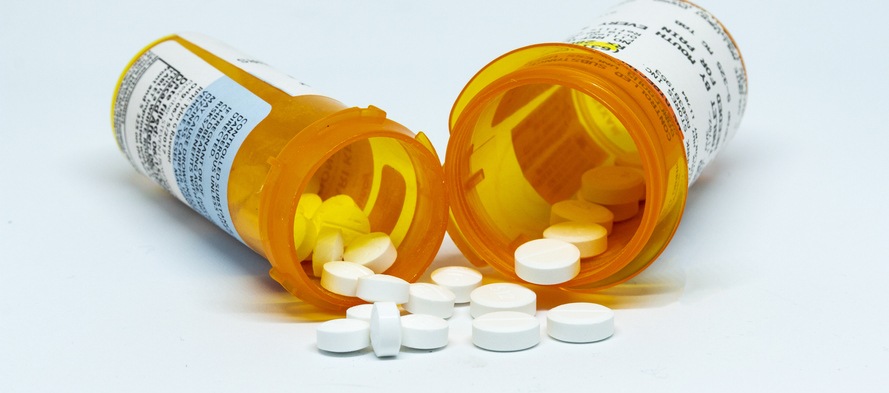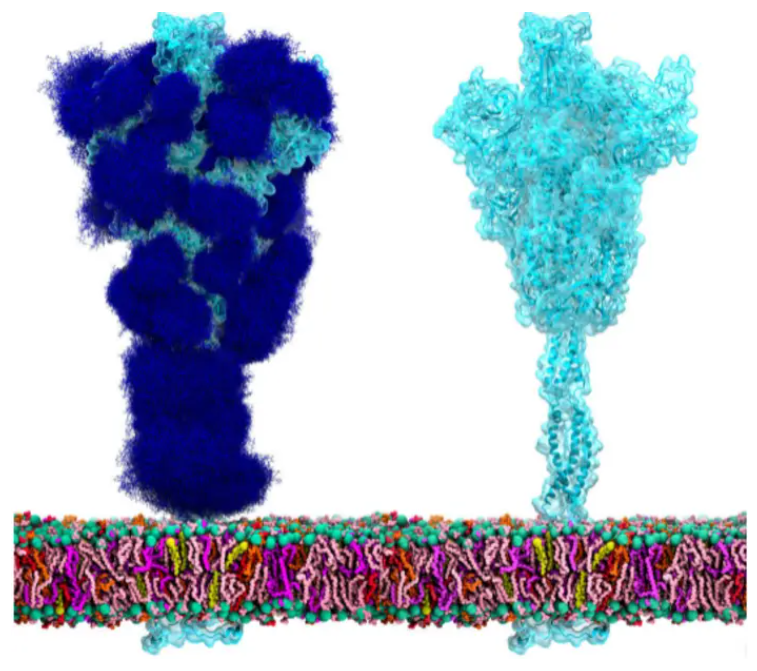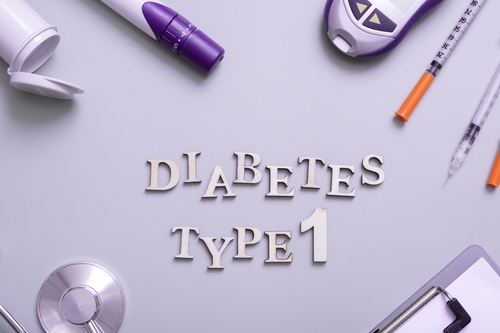
Hydroxychloroquine has garnered significant media attention during the COVID-19 pandemic, as the drug was initially thought to be a possible treatment for the virus. It was recently announced that a planned large-scale,randomized trial of hydroxychloroquine has put enrollment on hold for the time being, in part due to a lack of participants.
Nevertheless, questions about COVID-19, treatments, and the vaccine have been abundant among the community of patients with rheumatic diseases.
“New reports of serious side effects associated with hydroxychloroquine used in COVID-19 are concerning to the rheumatology community, leading to confusion and anxiety for patients who are taking hydroxychloroquine for autoimmune conditions,” the authors of the present study explained.
The study evaluated claims and electronic medical records from the United States, the UK, and Germany for patients with RA aged ≥18 years. Patients initiating hydroxychloroquine were compared to patients initiating sulfasalazine; short- (30 days) and long-term (on treatment) follow-up was conducted for depression, suicide/suicidal ideation, and hospitalization for psychosis.
Hydroxychloroquine was not associated with an increased risk for suicide, depression, or psychosis among patients with rheumatoid arthritis (RA) when compared with sulfasalazine, the study found.
There were 918,144 patients taking hydroxychloroquine and 290,383 taking sulfasalazine in the final follow-up. In short-term analyses, there were no significant risks for hydroxychloroquine users when compared to sulfasalazine users in depression (hazard ratio [HR], 0.96; 95% confidence interval [CI], 0.79-1.16), suicide/suicidal ideation (HR, 0.94; 95% CI, 0.49-1.77), and psychosis (1.03; 95% CI, 0.66-1.60). There were also no significant long-term risks when comparing hydroxychloroquine users versus sulfasalazine users for depression (HR, 0.94; 95% CI, 0.71-1.26), suicide/suicidal ideation (HR, 0.77; 95% CI, 0.56-1.07), and psychosis (HR, 0.99; 95% CI, 0.72-1.35).
The study was published in Rheumatology.
“Our study identifies no increased risk in RA patients when compared with sulfasalazine and provides evidence to users and clinicians alike that the reports presented during the pandemic are likely to be related to further causes aside from hydroxychloroquine,” the researchers concluded.
Looking ahead, the authors said it’s important to distinguish between psychiatric events that may be caused by certain medications versus those that may be brought on by a significantly stressful worldwide pandemic.
“Future work should consider including acute psychiatric outcomes in order to differentiate between psychiatric conditions generated by the impact of a global pandemic compared with iatrogenic events due to the pharmaceutical therapies used,” they said.
They also recommended future research assess acute psychiatric events that occur in patients with systemic lupus erythematosus, another indication for hydroxychloroquine use.







 © 2025 Mashup Media, LLC, a Formedics Property. All Rights Reserved.
© 2025 Mashup Media, LLC, a Formedics Property. All Rights Reserved.